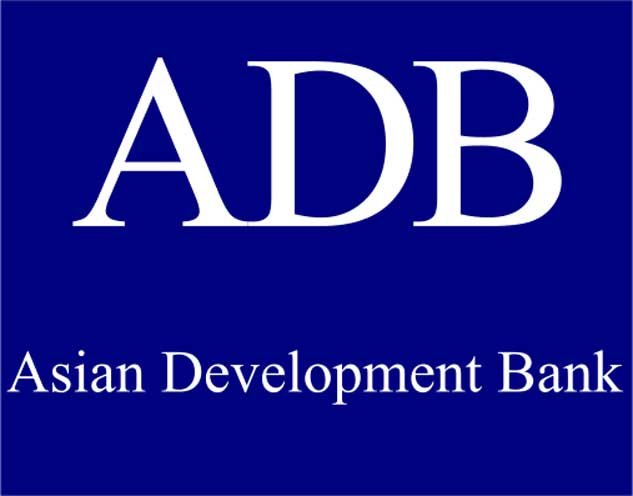BY Dr Xiaoyun Si, China Medical Team in NRH of Solomon Islands
Chief physician, Department of Cardiology Affiliated Hospital of Guizhou Medical University (GMU)
HYPERTENSION, or high blood pressure, is a widespread chronic condition. It occurs when your blood flows through your arteries with greater force than usual. Remarkably, hypertension often shows no noticeable symptoms, earning it the ominous nickname “the silent killer.” Despite its stealthy nature, the damage it inflicts on the cardiovascular system is profound. It is essential to grasp the harm hypertension can cause in order to prevent and manage cardiovascular diseases.
Conditions Resulting from Hypertension:
Heart Diseases and Cardiovascular Disorders: Hypertension stands as one of the most perilous threats to the cardiovascular system. Prolonged hypertension places a significant strain on the heart, potentially leading to myocardial hypertrophy or a dilated heart, ultimately culminating in heart failure.
Coronary Heart Disease: The heightened pressure within blood vessels harms the inner linings of arteries, expediting the buildup of fatty plaques (atherosclerosis). This narrowing of coronary arteries can result in myocardial ischemia and angina.
Stroke: Hypertension emerges as a primary cause of strokes by increasing the risk of blood vessel ruptures and thrombosis, leading to cerebral damage and infarction.
Kidney Diseases: High blood pressure can impair kidney function, progressing to chronic kidney disease and, in severe cases, kidney failure.
Hypertensive Retinopathy: This condition denotes damage to the retinal blood vessels caused by hypertension, which adversely affects blood supply to the retina. When combined with diabetes, hypertension significantly heightens the risk of vision loss.
Arterial Aneurysm: Hypertension places undue pressure on the inner walls of arteries, potentially leading to the formation of aneurysms. When these aneurysms rupture, they can result in severe bleeding and even be fatal.
Arrhythmia: Hypertension can influence the heart’s rhythm, often serving as a root cause of supraventricular arrhythmias and fibrillation.
Organ Damage: Hypertension not only affects the heart and blood vessels but also poses risks to other vital organs, including the brain, eyes, kidneys, and peripheral vessels.
The consequences of hypertension are diverse, affecting quality of life and posing a serious threat to human well-being. Therefore, taking preventive measures against hypertension is crucial. The most effective strategies encompass adopting a healthy diet, engaging in regular exercise, quitting smoking, maintaining a healthy weight, and undergoing routine physical check-ups. For individuals with high blood pressure, it is advisable to adhere to standardized treatments, regularly monitor blood pressure, and take steps to prevent complications associated with hypertension. By embracing a healthy lifestyle and seeking medical intervention, the risk of hypertension and its associated ailments can be significantly reduced, safeguarding our cardiovascular health and enhancing our overall quality of life.
(Translated by HUANG BAILIN, International Office, Guizhou Medical University)
PRESS RELEASE













